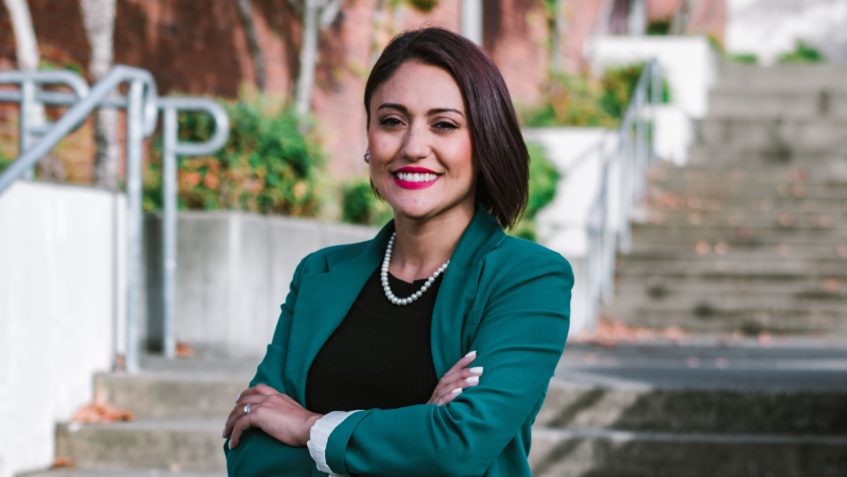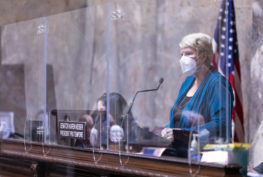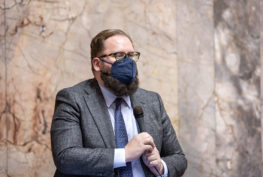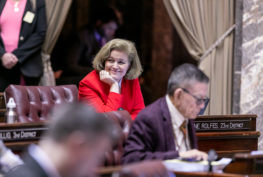OLYMPIA — Sen. Yasmin Trudeau (D-Tacoma) this week pre-filed two bills that would dismantle barriers to accessible housing in Washington.
SB 5755 would establish a tax incentive program to foster development of affordable multifamily housing in urban areas. SB 5749 would ensure that landlords accept non-electronic forms of rental payments, like checks and money orders.
“Our state is resilient, and we are both rebuilding and re-envisioning a stronger future for all of us,” said Trudeau. “These bills are part of that process. SB 5755 in particular will stimulate growth in urban areas, make it easier for working Washingtonians to access high-quality, stable housing, ensure more affordable housing is prioritized, and revitalize the construction industry and economy by providing family wage jobs. Passing this policy will help restore our communities’ economic health and keep up the momentum toward intentional development of housing opportunities that Washington has already committed to.”
SB 5755 would stimulate the redevelopment of vacant or underdeveloped property in certain urban areas through a limited sales-and-use-tax deferral program. The tax deferral would help the owners of vacant or undeveloped properties build affordable housing. This program would enable cities to more fully realize their planning goals under the Growth Management Act and provide a benefit to the construction industry.
SB 5749 would require that landlords accept non-electronic forms of rental payments in addition to electronic forms. This would lower barriers for seniors, Washingtonians with limited English proficiency, people with limited access to debit or credit cards, and families who struggle to access the internet. Requiring that landlords accept non-electronic forms of payment would alleviate a common challenge for many renters, better ensure that landlords receive rent payments on time, and reduce barriers as the state focuses on transitioning community members out of homelessness.
“The problem of limited, online-only forms of rental payment isn’t just one I’ve heard about from our neighbors,” said Trudeau. “It’s a challenge I helped my mom through, too. As a renter with limited English and internet skills proficiency, it was much easier for her to pay rent each month with a paper check – but her landlord only accepted electronic payment, and figuring out how to accommodate that was hard for my mom and our family. I’m excited to fight for this bill and take one unnecessary stress off of both renters and landlords this year.”
The text of both bills will be available here in the coming days. The 2022 legislative session begins on Jan. 10 and will last for 60 days.





